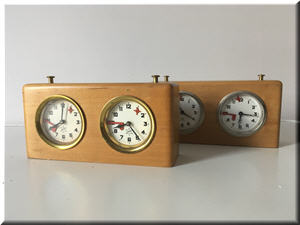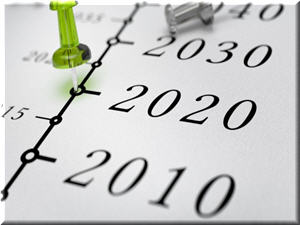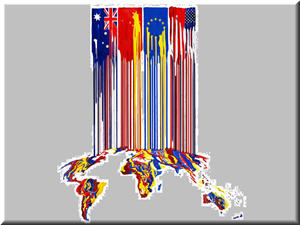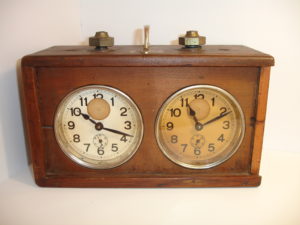
Welcome to Chessclocks.org !!
The foremost online resource to know, buy, sell and collect old chess clocks.
Are you a collector of chess clocks or are you simply interested in everything related to this fascinating world of chess?
Visit our website and you will find a wide catalog of antique chess clocks with detailed reviews about them, articles about their history and manufacture, photographs of vintage chess clocks in chess tournaments held between great chess masters.
Whether you want to get started in this awesome collection or simply sell an antique chess clocks, do not hesitate to contact us through our contact form.
The different chess clocks are classified by models that correspond to the brands of diverse manufacturers, by periods from the birth of the first mechanical chess clock in 1883 and by countries. You can access this classification either using the top menu or by pressing in the images immediately below this paragraph.
For each one of the chess clocks we have elaborated detailed files that show their technical characteristics and details of their machinery. In the blog you can find articles about its use in International Chess Tournaments, photographs of great masters using each of the chess clocks, comparisons of chess clocks, cleaning and lubrication of them, etc.
The Chess Clocks History
The natural gesture of pressing the chess clock after making the move is something that our predecessors in this beautiful art of chess would not have imagined in the first days of this game. And it is that until the beginning of the nineteenth century no limits were established in the time control of the chess games.
The first player to officially suggest the use of chess clocks during the tournaments was the french chess player Pierre Charles Fournier of St. Amant, let’s make a bit of history:
In 1843 the French player, predecessor of the great Louis-Charles Mahé de La Bourdonnais, had just won the chess player Howard Staunton in a match in London for a tight score +3 -2 = 1. The English player did not take defeat as a gentleman and claimed a rematch that was take place at the Café ‘La Regence’ in Paris that same year. The chroniclers say that the games started at 11 in the morning and lasted more than 20 hours, due to Staunton’s strategy of intentionally lengthening the games to tire the rival. It was in this tournament that the French player suggested the use of clocks to control the time. Obviously Staunton won, and as a culmination of his bad arts, denied the subsequent rematch to the French player.
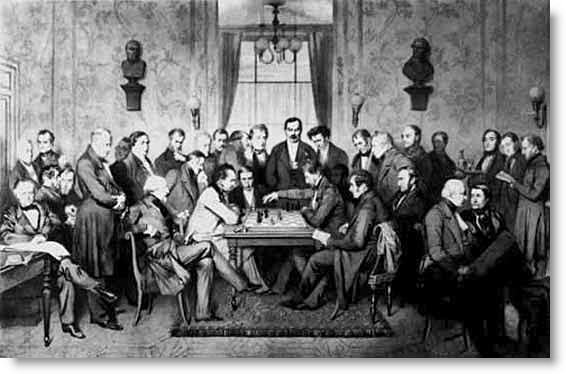
In 1851 the first International Chess Tournament organized by the aforementioned Howard Staunton was held in London, with the participation of the best 16 European chess players. It was also completes the harmonization of the moves and other rules between countries, the standarization of chess notation and the agreement of the time limits as a first step towards the introduction of chess clocks. Mention that the chess tournament held by the ‘knock-out’ system was won by the German chess player Adolf Anderssen.
In 1861 Adolf Anderssen faces in a match the Austrian Ignatz Von Kolisch. For the first time, a time control of 24 movements in 2 hours is established, regulated by sand glasses.
In 1870 a strong international tournament was held in Baden-Baden with the participation of the 10 best European players. The rhythm of the chess game used is 20 movements per hour and the chess clocks are introduced to mark the time.
Finally coinciding with the London 1883 chess tournament, Thomas Bright Wilson invents the ‘tumbling’ chess clock. At that moment, begins our story, our website, our passion. Welcome.
“The chessboard is the world, the pieces are the phenomena of the universe, the rules of the game are what we call the laws of Nature and the player on the other side is hidden from us.”
Thomas Henry Huxley (english Biologist ; 1825 – 1895)
We would only add to this quote that the chess clocks are the time that inexorably mark the end of the game. Thanks for reading, we hope you enjoy our web.

